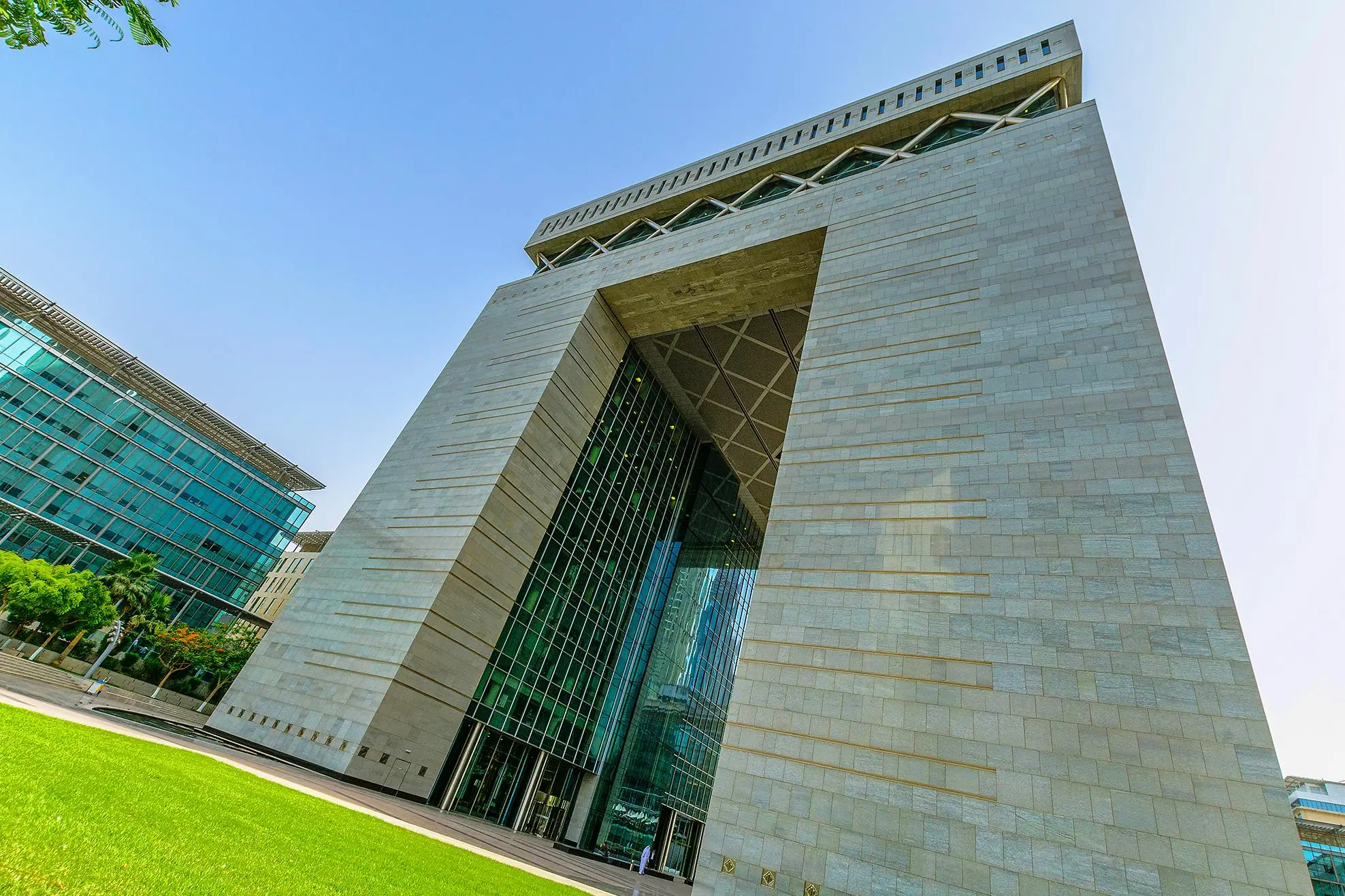PHOTO
The UAE, which has topped the Arab countries in terms of attracting new foreign investment projects, will continue to attract quality investments that serve its development objectives and achieve value-addition to the national economy, Sultan bin Saeed Al Mansouri, UAE Minister of Economy, said.
The UAE attracted 4,492 foreign investment projects out of a total of 12,192 new investment projects in the Arab countries from 2003 to 2016, reflecting the competitiveness of the national economy at the state level creating efficient business, Al Mansouri said ahead of the Annual Investment Meeting (AIM) taking place at the Dubai World Trade Centre from today.
In attracting Foreign Direct Investment (FDI), the UAE is the number one destination in the Arab world accounting for 29 per cent of the total FDI inflow in 2016.
The minister said FDI plays a crucial role in strengthening economic growth and raising the efficiency of national economies. He pointed out that the UAE is constantly adopting the best policies and economic trends to keep pace with changes in the nature and trends of foreign investments.
Al Mansouri said the 3-day AIM would address obstacles to accelerate FDI inflow. It will offer intensive sessions and discussions to explore how partnerships between developed markets and emerging markets can be employed, promote responsible foreign direct investment, find solutions to the challenges facing the global economy today, and ensure the right of future generations to live in a world which is socially prosperous and economically responsible. The AIM also seeks to explore promising investment opportunities in vital sectors, including energy, mining, manufacturing, infrastructure, logistics, agriculture, tourism and ICT.
More than 140 countries participate in the eighth session of the AIM that offers an interactive platform for thousands of investors and visitors from around the world.
According to preliminary data from the United Nations Conference on Trade and Development, global FDI flows are forecast to decline by 16 per cent in 2017, from $1.81 trillion in 2016 to $1.52 trillion in 2017. However, FDI inflows to developing economies is expected to stabilise in 2017, reaching about $653 billion, an increase of 2 percent over 2016.
These indicate the need for countries to continue their efforts to attract more investments in the sectors that add value and to develop the appropriate policies and frameworks to make the best use of the presence of foreign direct investment to serve their development objectives. There is also a need to push forward efforts to link developed and emerging markets, and create partnerships among them to achieve inclusive and sustainable growth.
The Institute of International Finance said the UAE remained the main destination of FDI inflows at about $11 billion in 2017, accounting for 22 per cent of total foreign direct investment to the Middle East and North Africa region
The UAE's friendlier business environment, excellent infrastructure, relatively diversified economy, and political stability continue to position it as one the most preferred investment destinations in the world, economists at the IIF said.
Garbis Iradian, chief economist at the Washington-based IIF, said the UAE has benefitted from a relatively diversified economy, excellent infrastructure, and political stability.
"Economic performance is likely to improve in 2018 with firming oil prices, an improvement in global trade, and the expected easing pace of fiscal adjustment," said Iradian.
Analysts believe that while diversification will better place the UAE to entrench itself from further volatility in oil fortunes, a five per cent value-added tax introduced from January will help boost state revenues by Dh12 billion.
A joint report by the Institute of Chartered Accountants in England and Wales and Oxford Economics said after outpacing the rest of the GCC in economic growth in 2017, the UAE is set to almost double its expansion rate in 2018. According to the report, the UAE will record an accelerated growth in 2018 to 3.6 per cent from 1.7 per cent in 2017. The momentum will further gain pace in 2019 to post 3.6 per cent growth.
The IIF also predicted that the UAE would continue to be the best-managed economy in the region. The UAE possesses large financial buffers - estimated at around $670 billion - on top of its safe-haven status, excellent infrastructure and a relatively diversified business-friendly economy. All these advantages will help the economy cope with the prolonged low oil price environment, the IIF said.
Copyright © 2018 Khaleej Times. All Rights Reserved. Provided by SyndiGate Media Inc. (Syndigate.info).





















